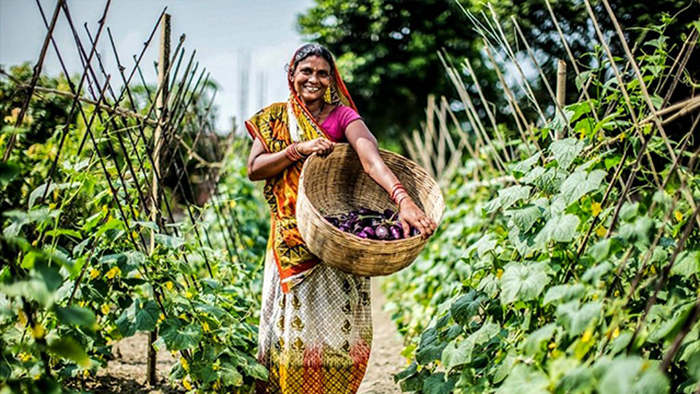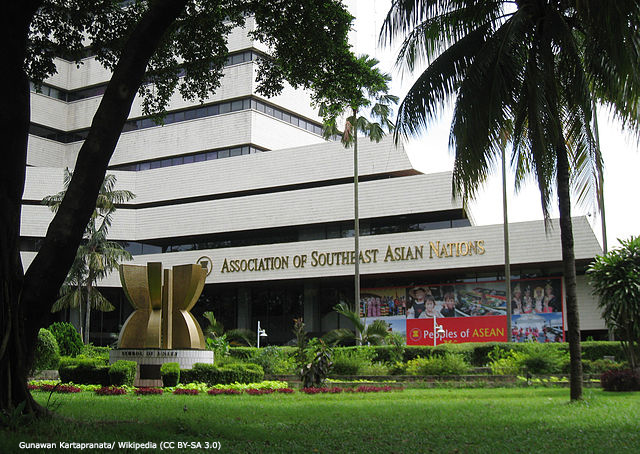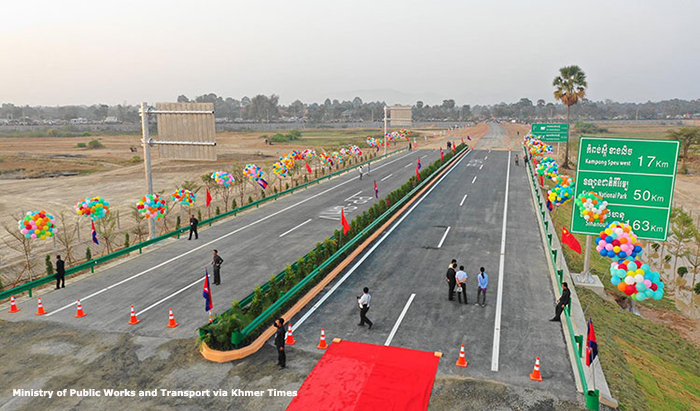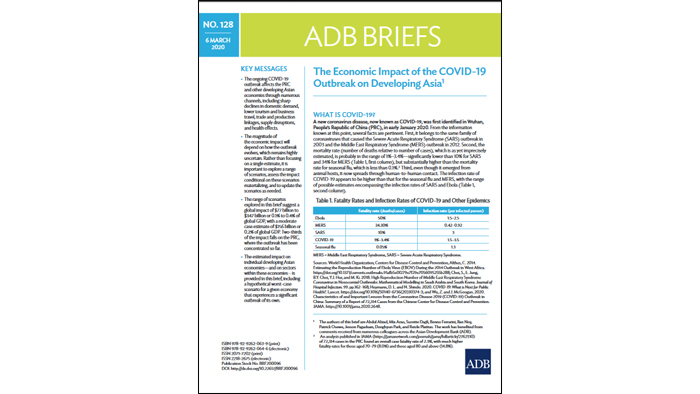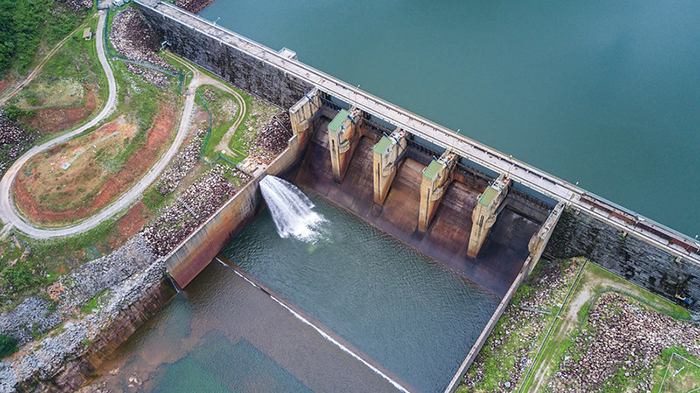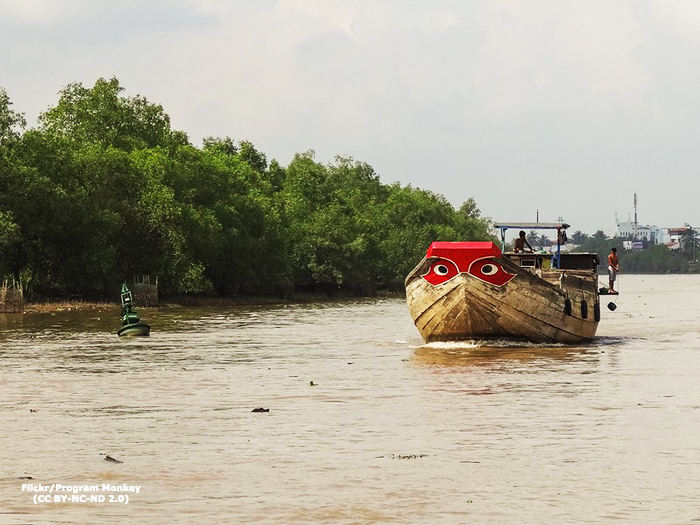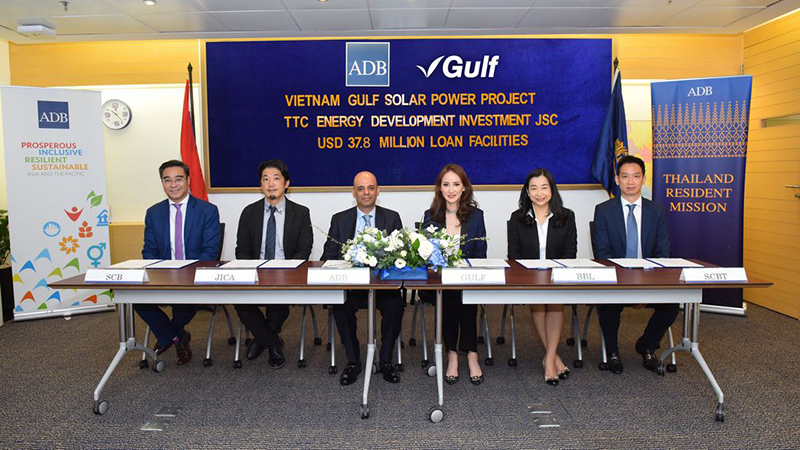ASEAN to Develop One System for Verifying Vaccinated Travelers
Health ministers of Southeast Asia have agreed to work toward mutual recognition of COVID-19 vaccination certificates to facilitate travel across the region as countries reopen their borders. This will involve putting in place an ASEAN universal verification mechanism that uses digital technology while ensuring data privacy protection and security.


